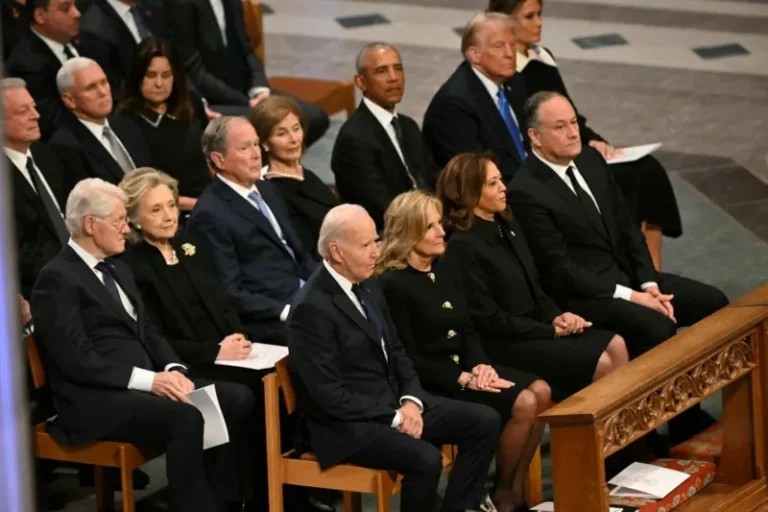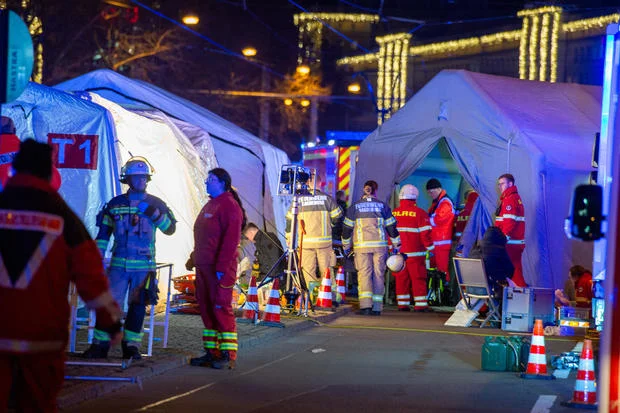
In an unprecedented political crisis, French Prime Minister Michel Barnier tendered his resignation on Wednesday after losing a no-confidence vote in parliament. This historic defeat makes Barnier the shortest-serving prime minister in French history, marking a significant political setback for President Emmanuel Macron’s administration.

The crisis erupted after Barnier, previously the EU’s chief Brexit negotiator, invoked special powers to pass a controversial social security budget through the lower house of parliament without a final vote. This move triggered widespread outrage and ultimately united far-left and far-right politicians in a rare coalition to oust him, forming what Macron labeled an “anti-Republican front.”
Macron Addresses the Nation
In a televised address on Thursday evening, President Macron placed the blame for the political chaos squarely on his opponents, accusing them of choosing “disorder” over governance. “I won’t shoulder other people’s irresponsibility,” Macron declared, in a pointed rebuke of the opposition’s role in the unfolding crisis.
The president pledged to appoint a new prime minister within days, emphasizing his commitment to maintaining stability amid calls for his own resignation. Macron acknowledged criticism of his decision to call summer parliamentary elections, which resulted in a hung parliament, but defended the move as a necessary step to gauge public opinion. “I do recognize that this decision wasn’t understood,” he admitted. “Many people criticized me for it, and I know many continue to criticize me for it.”
A Fractured Parliament
The summer elections left the French parliament in disarray. The left-wing Popular Front alliance won the most seats, securing 193 out of the 289 needed for a majority, but internal divisions within the seven-party bloc rendered them unable to agree on a unified candidate for prime minister.
Macron’s centrist Ensemble alliance, which came in second, formed a fragile coalition with right-wing Republicans to prop up Barnier’s government. However, this alliance unraveled as the Popular Front and the far-right National Rally joined forces to oust Barnier.
The First Confidence Vote Loss Since 1962
The no-confidence vote marks the first time a French government has fallen this way since 1962. In his resignation letter to President Macron, Barnier wrote, “Since the assembly has adopted a no-confidence motion, I have the honour of submitting the resignation of the government. Please accept, Mr President of the Republic, the assurance of my deepest respect.”
Until a new prime minister is appointed, Barnier and his cabinet will remain in a caretaker capacity, according to a statement from the Élysée Palace.
Implications for Macron’s Presidency
The collapse of Barnier’s government intensifies the pressure on Macron, whose leadership has faced growing scrutiny. Critics argue that his decision to call early elections created the conditions for the current political gridlock. Despite this, Macron remains resolute, insisting that French voters needed to have their say.
As Macron scrambles to stabilize his administration, his next choice of prime minister will be pivotal in determining whether his presidency can weather this storm or whether the crisis will deepen further.
Conclusion
France now stands at a critical juncture, with its government in flux and its parliament fractured. As the nation awaits the appointment of a new prime minister, the political landscape remains uncertain, with the potential for further turbulence ahead.







